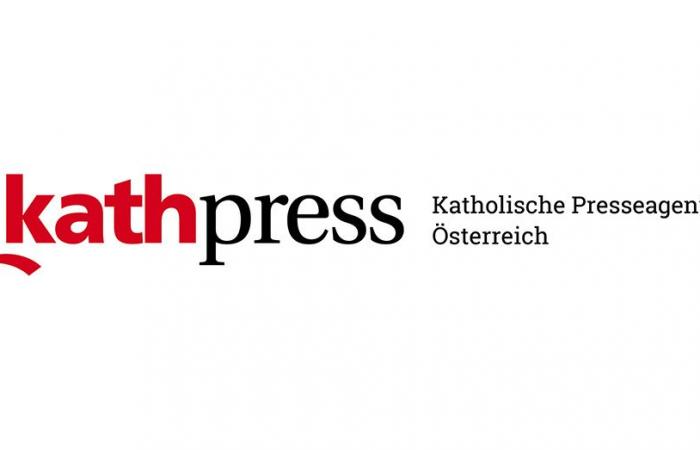Zurich, January 8th, 2023 (KAP) In a joint letter, the three German-Swiss bishops Joseph Maria Bonnemain, Markus Büchel and Felix Gmür called on the faithful in their dioceses not to make the liturgy an experimental field for personal projects as a “sign of unity”. . The bishops recommend anyone who wants to delve deeper into the subject to read Pope Francis’ letter Desiderio desideravi, as the information portal VaticanNews reported at the weekend.
The bishops of Chur, St. Gallen and Basel “hear the questions from many about being able to participate in the liturgy differently, for example as a woman,” the letter says. The bishops “hear the concern for appropriate language” and appreciate the “concern for good language in the liturgy”. Still, they urge believers not to conduct their own experiments. “Especially in the worldwide celebration of the same liturgy we are Catholic and in solidarity with one another. Use the variety of liturgical forms of celebration that the church offers. And use places in the liturgy such as reflection, sermons, meditation, intercession, songs, music, silence, to be able to enter personally,” says the letter, which is dated January 5.
The bishops continue to state that common witness needs common forms and rules. In terms of respect for this, in some places in German-speaking Switzerland, people are “far behind our potential,” the bishops said: “We bishops keep getting concerned inquiries and feedback, especially about church services.” Believers have a right to worship that follows the rules and forms of the Church.
The inculturated liturgy, which is uniform in its basic forms, is “a treasure of our church, which gives the believers, especially the migrants, a home around the world”. Therefore, the three bishops wanted to “emphatically” remind “that the liturgical forms and rules also apply in our country according to the provisions of the bishops”. They would particularly affect those presiding over the celebrations.
The letter explicitly points out that “only the priest validly presides over the Eucharist, administers sacramental reconciliation and administers the anointing of the sick”. It is for this very reason that he is consecrated. This Roman Catholic rule of faith must also be fully respected in the German-speaking Swiss dioceses. “This is not about blind obedience and certainly not about promoting patriarchal clericalism, but about the conviction that priests in the service and administration of the sacraments make visible that Jesus Christ himself works in and through the sacraments,” emphasized Bonnemain, Gmur and Buechel. That is why the church has held on to it since early Christianity.
The liturgical texts are also not arbitrary, because they are “not our texts, but those of the entire faith community”. The church knows a variety of texts, also in ecumenism, but they all follow a basic structure that has to be respected.
incidents in 2022
The background to the letter is two incidents in the past year. Pastor Monika Schmid retired in August. The liberal theologian had announced in advance that she would concelebrate at the closing service. After all, she has also celebrated trade fairs again and again in the past. “It’s become normal for us,” she explained. “Someone on the outside might wonder if I have permission to do this. I don’t ask anymore, I try to implement what I understood from Jesus. He says: Do this in memory of me.”
The second incident concerns the diocese of St. Gallen. The theologian Charlotte Küng-Bless stated on Swiss television that she had previously violated canon law. Specifically, it was an anointing of the sick. She later clarified that she had not donated an anointing of the sick in the canonical sense. It was about an anointing ritual that was shaped by the Catholic tradition. Actually, she wanted to call a priest – but the family wanted the pastor with whom they have a relationship of trust. Küng-Bless refers to Pope Francis, who wants shepherds among the people.
Some lay representatives criticized the letter from the bishops, but the Swiss Curia Cardinal Kurt Koch, who was Bishop of Basel from 1995 to 2005, supported his fellow bishops
“The German-Swiss bishops have recalled the essentials of the Catholic faith. That is their right and their duty, and they have done so in a sensitive manner,” he told the Swiss information portal kath.ch.


